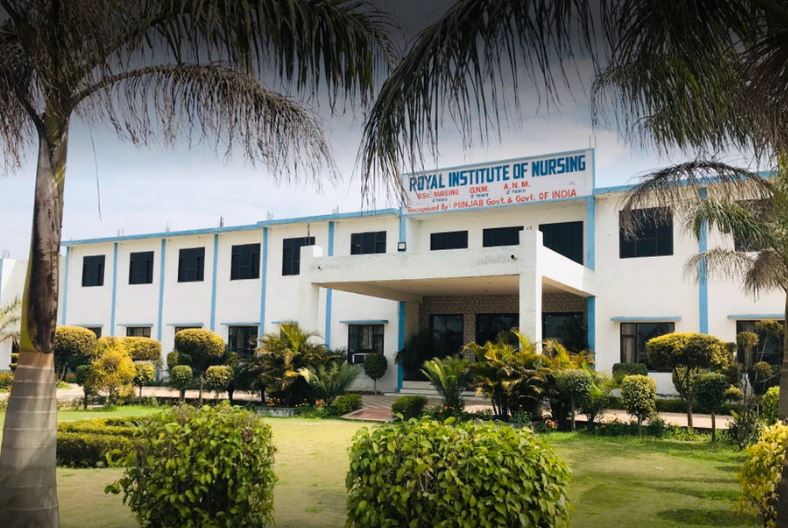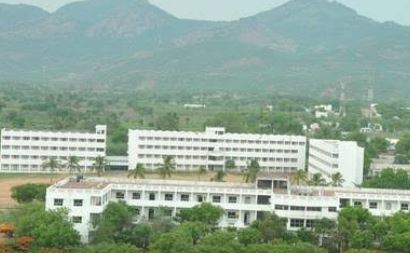
Ballari Institute of Technology and Management Ballari
- College
- Co - Education
- ESTD 1997
- Engineering
- Entrance
Interested in this College?

Bachelor of Engineering (BE) Civil Engineering
B.E Civil Engineering
Course
Civil Engineering is an old age branch of engineering that originated from the day Civilization has started. Civil engineering is an exciting profession because at the end of the day you can see the results of your work, whether this is a completed bridge, a high-rise building, a subway station, or a hydroelectric dam.
The main objectives are to utilize the available natural resources effectively to develop the nation from different perspectives so as to satisfy the needs of modern civilization and to compete with global challenges.
Civil engineering has expanded from huts made-up of mud to the Taj Mahal. As civilization matured it simultaneously led to the development of Bigger, Better and Diverse Structures. From Cave Dwellings, human beings have moved on to construct houses, Palaces, Canals, Dams, Highways, and stadiums. This Civilian Structures played a significant role in the development of the human race and gave various dimensions to human life.
The built environment encompasses much of what defines modern civilization. Buildings and bridges are often the first constructions that come to mind, as they are the most conspicuous creations of structural engineering; civil engineering's major sub-disciplines are Roads, Railways, Subway systems, and Airports, etc. Every time you open a water faucet, you expect water to come out, without thinking that civil engineers made it possible. New York City has one of the world’s most impressive water supply systems, receiving billions of gallons of high-quality water from the Catskills over one hundred miles away. Similarly, not many people seem to worry about what happens to the water after it has served its purposes, but a Civil Engineer will find different ways to utilize it further.
In India things are looking up in the infrastructural sector. There is also great employment opportunity for civil engineers in Public & Private Sectors both at National and International Levels. Civil Engineers can also be self-employed through Consultancies and Constructional activities. Hence there is a wide scope for Civil Engineers.
Duration : 4 Years
Eligibility
- Students who have passed Karnataka 2nd PUC/ 12th Std,/ 10+2 / Intermediate or equivalent exam with Physics & Mathematics along with Chemistry/ Computer Science / Biology and any other optional subject with English as one of the languages of study and should have obtained a minimum of 45% marks.
- For SC/ST & other backward classes of Karnataka students only, the minimum marks is 40% in aggregate in the optional subjects in the qualifying examination, irrespective of marks obtained in the Common Entrance Test / Comed-K/ AIEEE.(Eligibility as per the Govt. Norms from time to time.)
- M.E. (Civil Engineering)
- M. Phill (Civil Engineering)
- PhD (Civil Engineering)
- Technical Officer
- Manager
- Professor/Associate Professor
- Civil Engineer
- Business Analyst
- Civil Engineering & Architect
- Assistant Executive Engineer (Civil)
- Construction Engineer Supervision.
- Design Engineer.









